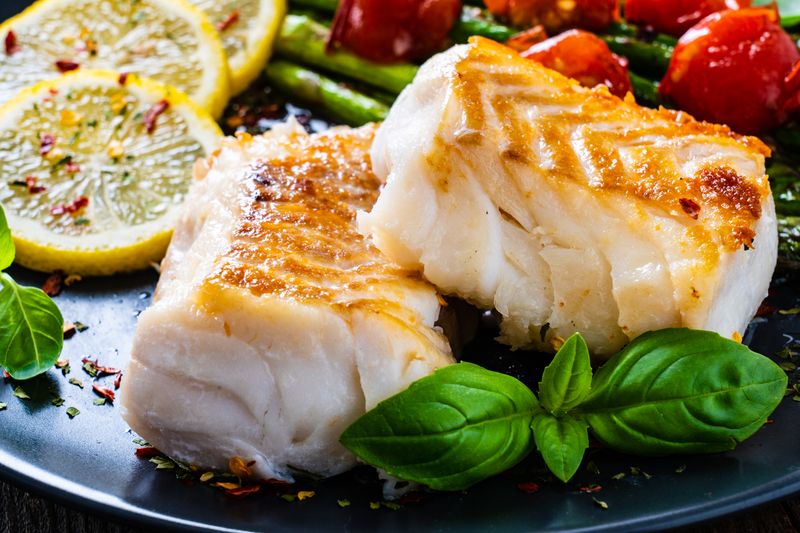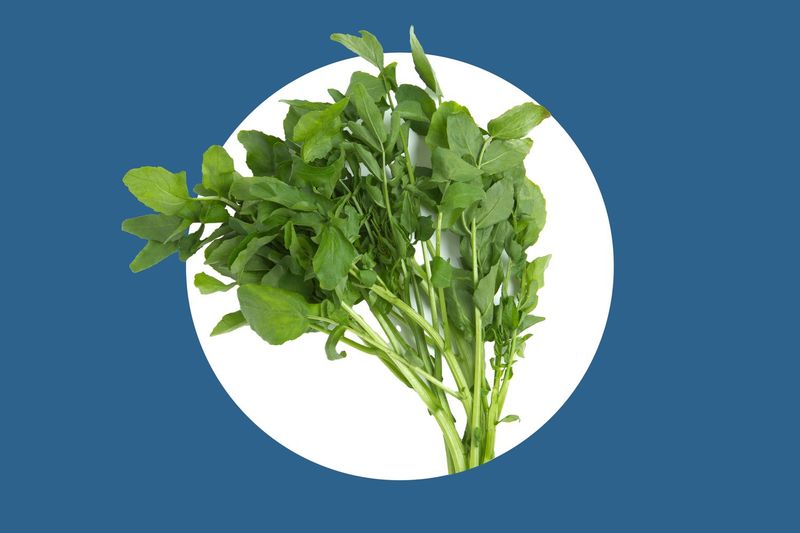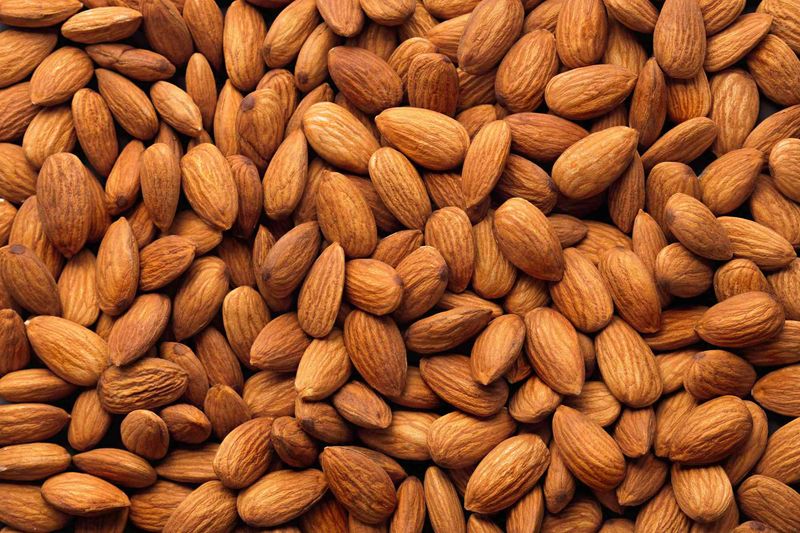For decades, fruits and vegetables have dominated discussions about healthy eating. From fiber-rich leafy greens to antioxidant-packed berries, plant-based foods have long been considered the cornerstone of a nutritious diet. They’re celebrated for boosting immunity, promoting heart health, and fueling the body with essential vitamins and minerals. But as nutrition science continues to evolve, one surprising contender is making waves—and it comes from the sea. Enter ocean perch, a fish that’s quietly gaining recognition as one of the world’s healthiest foods.
Ocean perch, sometimes called rockfish, isn’t as famous as salmon or tuna, but it’s starting to earn serious respect in the health community. According to a comprehensive ranking from the BBC, which scored foods based on their nutrient density, ocean perch claimed an impressive third place out of all the options evaluated. With a nutritional score of 89 out of 100, it’s only outranked by two other superfoods: almonds and cherimoya, an exotic fruit known for its creamy texture and vitamin-rich content.
Ocean Perch: A Quiet Powerhouse on Your Plate
Also known as rockfish, ocean perch is low in calories, high in protein, and brimming with essential nutrients. A standard 100-gram serving contains just 79 calories and an impressive 20 grams of protein, making it an excellent option for anyone looking to fuel up without overloading on fat or carbs. That’s especially useful for those following a lean diet, high-protein regimen, or simply trying to cut back on processed food.
But it’s not just about protein. Ocean perch also delivers healthy doses of vitamin B12, selenium, phosphorus, and omega-3 fatty acids—nutrients that support heart health, brain function, and a strong immune system. What it lacks in mainstream popularity, it makes up for in sheer nutritional value.
According to Facts.net, this fish is also low in saturated fat, making it ideal for people watching their cholesterol or aiming to reduce inflammation. It’s no wonder dietitians and public health researchers are starting to give it the credit it deserves.
Still a Star: Salmon Holds Strong
Salmon has long held the crown as the king of healthy fish—and for good reason. It’s packed with omega-3 fatty acids, which are known to support heart health, reduce inflammation, improve brain function, and even help regulate mood. Regularly eating salmon may lower the risk of cardiovascular disease and support joint mobility, making it a staple in many balanced diets. While ocean perch is rising in popularity for its lean profile and impressive nutrient density, salmon still stands out for its rich, satisfying flavor and higher fat content. It remains a top pick for those who enjoy hearty, flavorful seafood.
Vegetables Still Matter—But One Stands Above the Rest
Of course, fish isn’t the only nutritional superstar out there. The Centers for Disease Control and Prevention (CDC) has its own list of powerhouse foods, based on how many crucial vitamins and minerals a food delivers per calorie. Familiar greens like spinach, Swiss chard, and beet greens earned scores in the high 80s. But one unassuming vegetable blew the rest out of the water: watercress.
Watercress snagged a flawless score of 100, thanks to its low calorie count and sky-high concentration of essential nutrients like vitamin K, vitamin C, calcium, and iron. It may not get as much buzz as kale or broccoli, but it’s a true under-the-radar champion of the produce aisle.
What These Rankings Actually Mean for Your Health
Jennifer Di Noia, an associate professor of sociology at William Paterson University who developed the CDC’s scoring system, says these numbers help consumers make smarter choices. “Higher-ranking foods provide more nutrients per calorie,” she explained. That means you’re getting more bang for your buck—and your body—by focusing on foods that deliver dense nutrition without excessive calories, sugar, or saturated fat.
Ocean perch’s high score shows that nutrient-rich eating doesn’t have to mean sticking to salads. A varied plate that includes lean proteins, heart-healthy fats, and leafy greens can help you hit your wellness goals faster and more sustainably.
Night Waking Between 2AM and 3AM? A Doctor Says Pay Attention
While you’re improving your diet, don’t forget to take stock of your sleep habits. Dr. Eric Berg, a health educator and author of The Healthy Keto Plan, is sounding the alarm for people who consistently wake up between 2AM and 3AM. According to Dr. Berg, that early-morning wake-up call might be more than just a bad dream—it could be a sign of hormonal imbalance.
“Cortisol, your body’s primary stress hormone, should be at its lowest around 2AM,” he said in a recent YouTube video shared with his 13 million subscribers. But for many people, stress, poor diet, or nutrient deficiencies—especially low magnesium levels—can cause cortisol to spike instead of fall.
The Magnesium-Cortisol Connection
Magnesium plays a critical role in regulating cortisol. When your levels are low, your body may have trouble calming down at night, leading to restless sleep and frequent waking. According to Dr. Berg, adding more magnesium-rich foods to your diet—or taking a supplement under medical supervision—could make a big difference.
“Magnesium has the ability to lower cortisol,” he noted. “Your cortisol can actually go up if you’re deficient in magnesium.”
Though research on the exact relationship between magnesium and cortisol is ongoing, multiple studies support the idea that increasing magnesium intake can promote better sleep and reduce stress. Foods rich in magnesium include spinach, almonds, pumpkin seeds—and yes, even ocean perch.
The Bottom Line: It’s All About Balance
Whether you’re reaching for ocean perch, scooping up watercress, or snacking on a handful of almonds, one thing becomes clear: the secret to long-term health lies in variety and nutrient density. Foods that deliver more vitamins, minerals, and protein per calorie help your body function at its best without the added burden of excess sugar, fat, or empty calories. By building meals around high-ranking superfoods—think lean proteins, leafy greens, healthy fats, and antioxidant-rich fruits—you’re fueling your body with what it truly needs to thrive.
Not only does this approach support heart and brain health, but it can also improve your energy levels, help stabilize your mood, and even promote deeper, more restorative sleep. And if you’re consistently waking between 2AM and 3AM, it could be a signal from your body—not just insomnia. Hormonal imbalances, nutrient deficiencies, or elevated stress levels might be the real culprits, and addressing them could transform your sleep and overall well-being.



Leave a comment